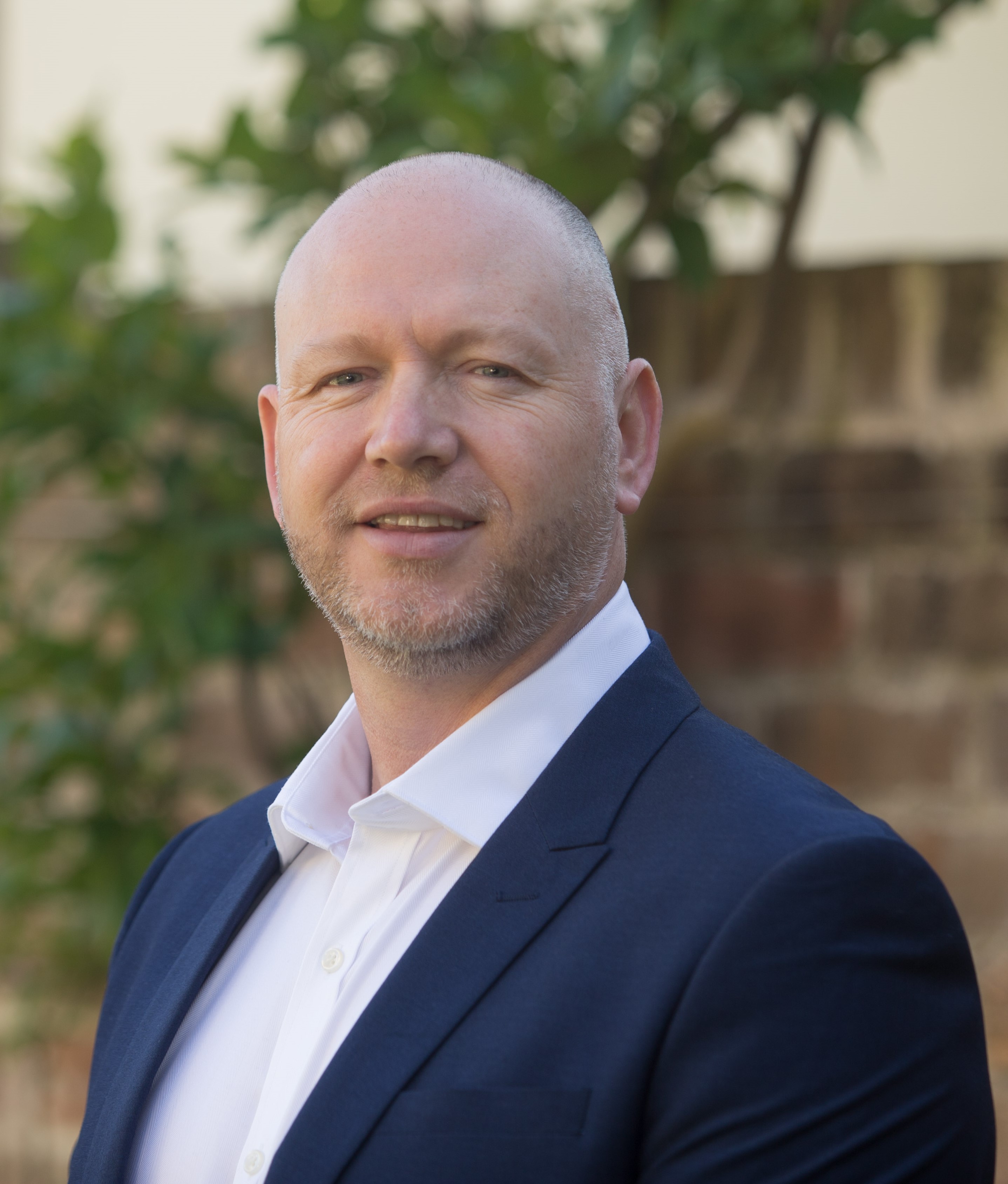Nick Kay: Risk Manager, Imperial College
Nick Kay, CIRM
Risk Manager
Imperial College London
How did you get your job?
I joined the Local Authority (L/A) in 1990 (after completing my BSc (Hons) in Philosophy & Psychology in 1989) as a temporary admin officer.
Working in various roles, usually by ‘acting up’ I got into fraud investigation. Seconded to the Department for Work and Pensions (DWP) on a project. Then seconded to LTAF (London Team Against Fraud). I was seconded from LTAF to DWP to help map, design & implement intelligence-led fraud investigations for L/A.
I took a job at L/A as ‘Intelligence & Risk Manager’ – my first time working with risk in my job title (although I had been managing risk in various guises throughout).
What followed was an opportunity to move into a ‘Risk Officer’ role (i.e. getting rid of the fraud side – Intelligence has remained a valuable model & is an inherent part of risk management (Intelligence being a system of processing information to add value and communicating this in an informative manner).
Key dates:
2005 - IRM Certificate in Risk Management.
2008 – Took this job at Imperial College as assistant Risk Manager (subsequently dropped the ‘assistant’ to become Risk Manager)
Having just recruited a full time Head of Business Continuity I am handing this side over – both roles now require a fulltime manager and I’m now full time on risk management.
What’s a typical day like as a Risk Manager?
What is typical about each day is that none of them are typical. There are a number of regular things that need doing (e.g. our twice a year analysis which means reading, analysing and reporting on all of the risks in Empirical (our in-house management system where risk information is recorded and forms a useful resource) but, as risk management needs the engagement of those managing risk, my focus is necessarily on providing support and assistance across the College and the first thing I do each day is check my emails and messages to see if anyone has asked for help. If this should be the case then I look at the problem to seek a solution and the best way to implement it. Often this means meeting with someone and, given the scope of the college, means I regularly meet with many interesting people from across the whole range of areas we cover (Imperial offers over 1000 courses & that is just the teaching side – we are primarily a research establishment)
When not providing user support the rest of my time is spent:
- running training sessions (although these can be the same thing);
- I also lead on maintaining and developing Empirical, our in-house management system - we designed and built Empirical soon after I joined the College as there was nothing suitable available commercially (we went live with release 6 in January 2016) which also includes development, organising and conducting the UAT (User Acceptance Testing) and signing off ready for release into the Production environment (these tend to be smaller changes so are not classified as full update releases).
There are various groups, boards and committees that we run or feed into (e.g. Risk Committee, Senior Management Board, EDUG (Empirical Development and User Group) among others and these are an ongoing engagement for our resources.
I have been running the business continuity side of things as well although I am now in the process of handing this over to our new Head of Business Continuity.
I have about 60 areas that maintain risk information in Empirical and I try and visit these regularly to keep myself up-to-date, to assist with keeping them up to date with the risk process and reviewing their risk information regularly.
What do you enjoy most about your job?
Working in an exciting establishment with discoveries being reported on every day.
Meeting regularly with many interesting people and seeing the value of my contribution and how it helps others with what they are doing.
I’m learning new things all the time.
Having the top-down support necessary for gently introducing a establishment-wide shift in thinking.
What are the challenges?
Time – there’s not enough so I have to prioritise until solutions are found: e.g. the Risk Manager’s Role (me) and The Business Continuity Manager’s role (also me) grew to the extent that there is too much for one person to deal with (two including the Director of Risk Management and Business Continuity) so we have recruited a new Head of Business Continuity to take over and develop the business continuity side (this of course means a new challenge of separating the two).
The Director of Risk Management and Business Continuity has just retired and we have recruited a new Director of Risk Management and I’m looking forward to working together to revamp and progress risk.
Volume – many SID’s (Schools, Institutes, Departments) to support, with not enough of me to go around to the level I would wish, to so I have to prioritise
Gaining the necessary engagement to dynamically capture the ever changing risk information without it being a burden.
Being able to show the value and be able to provide assurance that the strategic risks are being adequately managed
In what way are your IRM qualifications relevant?
Undertaking the IRM Certificate provides a model of Risk Management with many relevant and varied components that allows an evaluation of the strategic and operational methodologies appropriate across a wide range of areas and provides a toolkit for the Risk Manager to use to support the implementation, integration and development of Risk Management in whatever field they are working in. The career progression route it supported by the different training and qualification opportunities afforded by the institute and the ongoing resources provided as well.
What would you say to others thinking about joining IRM as a member?
The IRM is an organisation that is run for the benefit of its members with many resources, teaching, training and qualification pathways that are fundamental in supporting you in following your career in risk management and being a member is essential to realise your goals.
How has your role developed and what are your career ambitions? Has being linked to the IRM helped?
In the 18 years prior to joining the College the many and varied experiences I had gradually channeled me into the knowledge and understanding I needed to operate successfully as the Risk Manager in a top world-wide organisation. When intelligence based, risk-informed decision making is integral throughout the organisation I will consider that my career ambitions have been met and it will be time to hand over to another.
Being a long-standing member of the IRM I was trained in the principles and practice of Risk Management which provided the appropriate understanding and knowledge to model, implement and operate risk management appropriately and effectively. The resources and interactions with others facilitated through being a member of the IRM helped guide and support me through my personal and career development and has provided an invaluable resource and support network to help all the way through my career.
Top tips:
The starting point for a career in Risk Management is to visit the IRM website to look at the qualification, teaching and training opportunities they provide as well as well as the opportunity of becoming part of an ever-growing body of professional colleagues who will help and support you through your career.
The IRM has staff in many roles to help you with the choices you need to make to plan your career in Risk Management and they are readily available to help you with this (and very friendly too).
It can be a little difficult to find your way forward in risk management (which covers broad areas of the modern world) and the understanding of what is applicable and needed to function in particular roles. Support that is provided by the IRM as well as the framework you need to progress.





